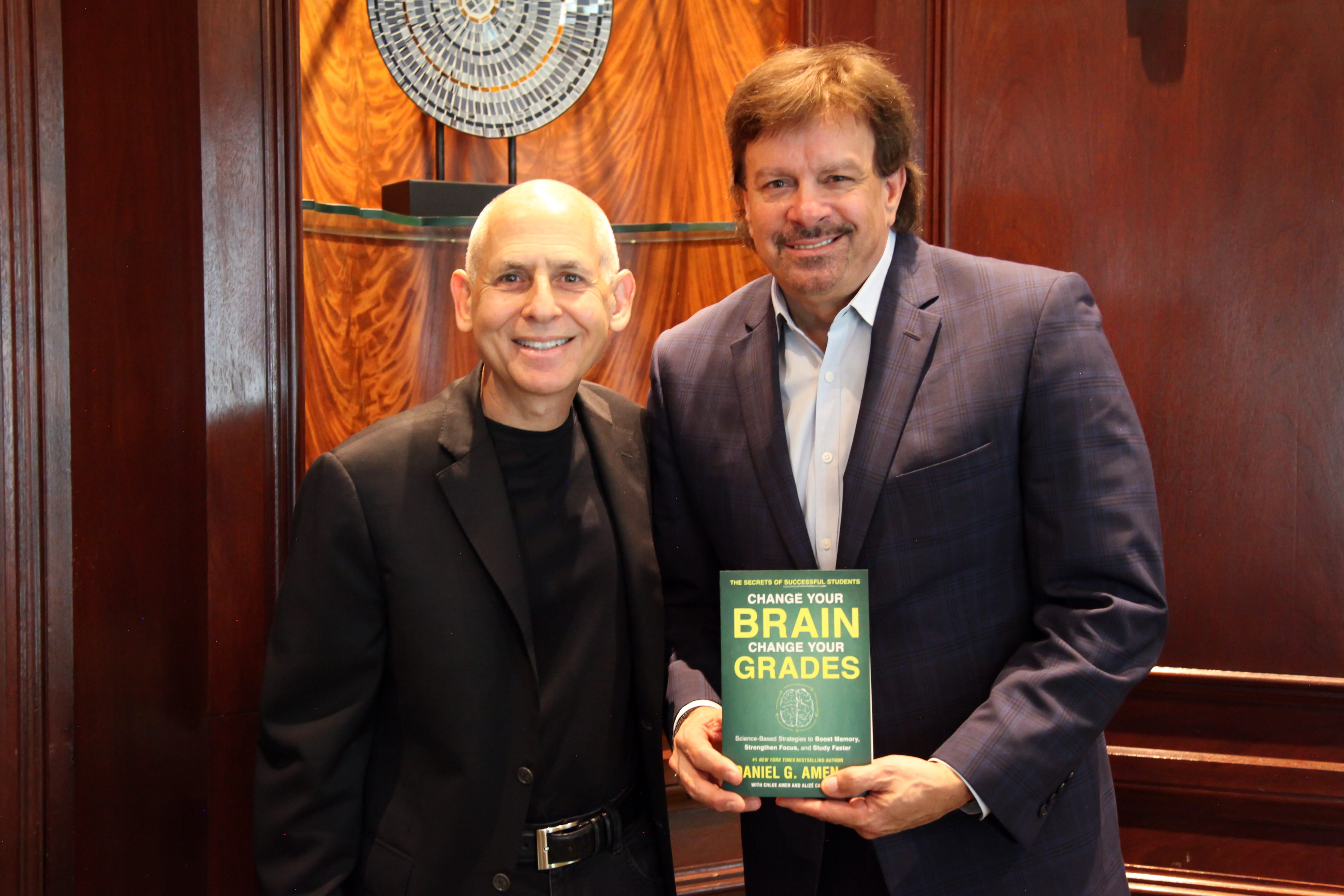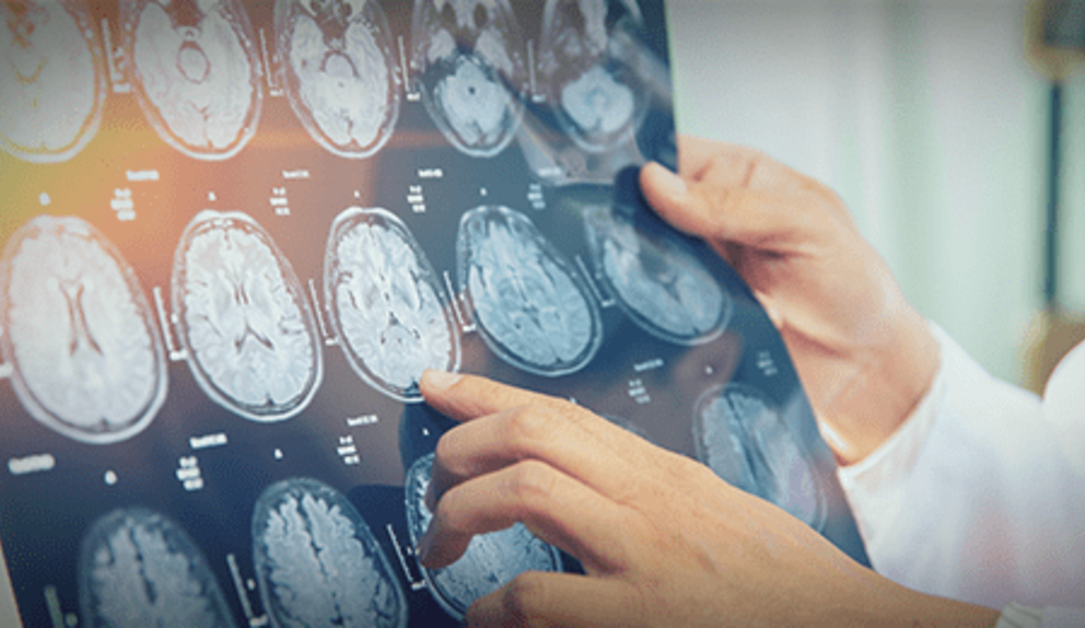Did you know that the way you think, act and interact with others can be dependent on how your brain functions? This has been determined by the largest database of brain scans related to behavior in the world at Amen Clinics. Through the evaluation of thousands of brain scans, we are now able to attribute certain brain patterns to how you relate to others, which can affect relationships.
In our brain imaging work at Amen Clinics, we began by looking for patterns that could help us diagnose and treat mental health conditions. After studying more than 150,000 brain SPECT scans that measure blood flow and activity, we also realized that certain brain patterns corresponded to personality types. Based on our research, we have identified five primary brain types that influence who you are, how you behave, and how you relate to others.
Brain Type 1 — Balanced
Personality: You're likely to be focused, flexible, and emotionally stable. You're one of those people who gets things done on time, shows up on time, follows through on promises, and copes well with life's ups and downs. In general, you aren't much of a risk taker and you prefer to follow the rules.
Relationships: You tend to play well with others and have drama-free relationships.
Brain Type 2 — Spontaneous
Personality: You love trying new things, have a wide range of interests, and would rather do things on the spur of the moment than have a set schedule. You think outside the box, don't believe that rules apply to you, and are typically late for appointments. Organization isn't your strong point, and you're such a risk taker that your behavior might get you into trouble.
Relationships: Because you like excitement in your life, you may have a tendency to create drama in your relationships.
Brain Type 3 — Persistent
Personality: You like to get things done. You tend to be strong-willed. You like routines and have trouble going with the flow. You may be a worrier who has trouble letting go of past hurts, and you tend to be argumentative.
Relationships: You can be stubborn and tend to remember every fight you and your partner ever had.
Brain Type 4 — Sensitive
Personality: You tend to have great empathy for your those you are surrounded by. You can be deeply moved by art. You may shy away from violent films, hateful social media posts, and the nightly news. You may struggle with moods, can feel overwhelmed, and are likely to have lots of automatic negative thoughts (ANTs).
Relationships: You're so tuned in to others that it's easy for you to tell when your partner needs a hug or needs some space. Because you're so sensitive to external stimuli, you sometimes need alone time to recharge, which your significant other may take personally.
Brain Type 5 — Cautious
Personality: You're likely to feel anxious, which typically makes you more prepared. If you are of this type, you'll tend to have such a busy mind that it's hard to relax. You may tend to expect the worst and have a fear of failure that prevents you from going for your dreams.
Relationships: You may have a fear of rejection and seek constant reassurance from your partner, which can come off as being needy or clingy.
To discover your brain type, take the Brain Health Assessment. Share it with family and friends to learn more about how your brain may be affecting your relationships and interactions with the ones you care about.
Dr. Tim Clinton interviews Dr. Daniel Amen on the daily broadcast.
Dr. Amen talks about his years of studying the brain and identifies various threats to our mental health. Hear what you can do to better appreciate and preserve your brain.
Learn More about the Writer
Dr. Daniel Amen, is a clinical neuroscientist, psychiatrist, physician, professor, and 10-time New York Times bestselling author. He is a double board-certified child and adult psychiatrist and founder of Amen Clinics. Dr. Amen has eight clinics across the country with one of the highest published success rates for treating complex psychiatric issues. Amen Clinics also have the world's largest database of functional brain scans relating to behavior. Dr. Amen's research on post-traumatic stress disorder and traumatic brain injury was recognized by Discover magazine's 'Year in Science' issue as one of the "100 Top Stories of 2015." He has authored and co-authored more than 70 professional articles, 7 scientific book chapters and 40-plus books, including the No. 1 New York Times bestsellers, The Daniel Plan and Change Your Brain, Change Your Life.













